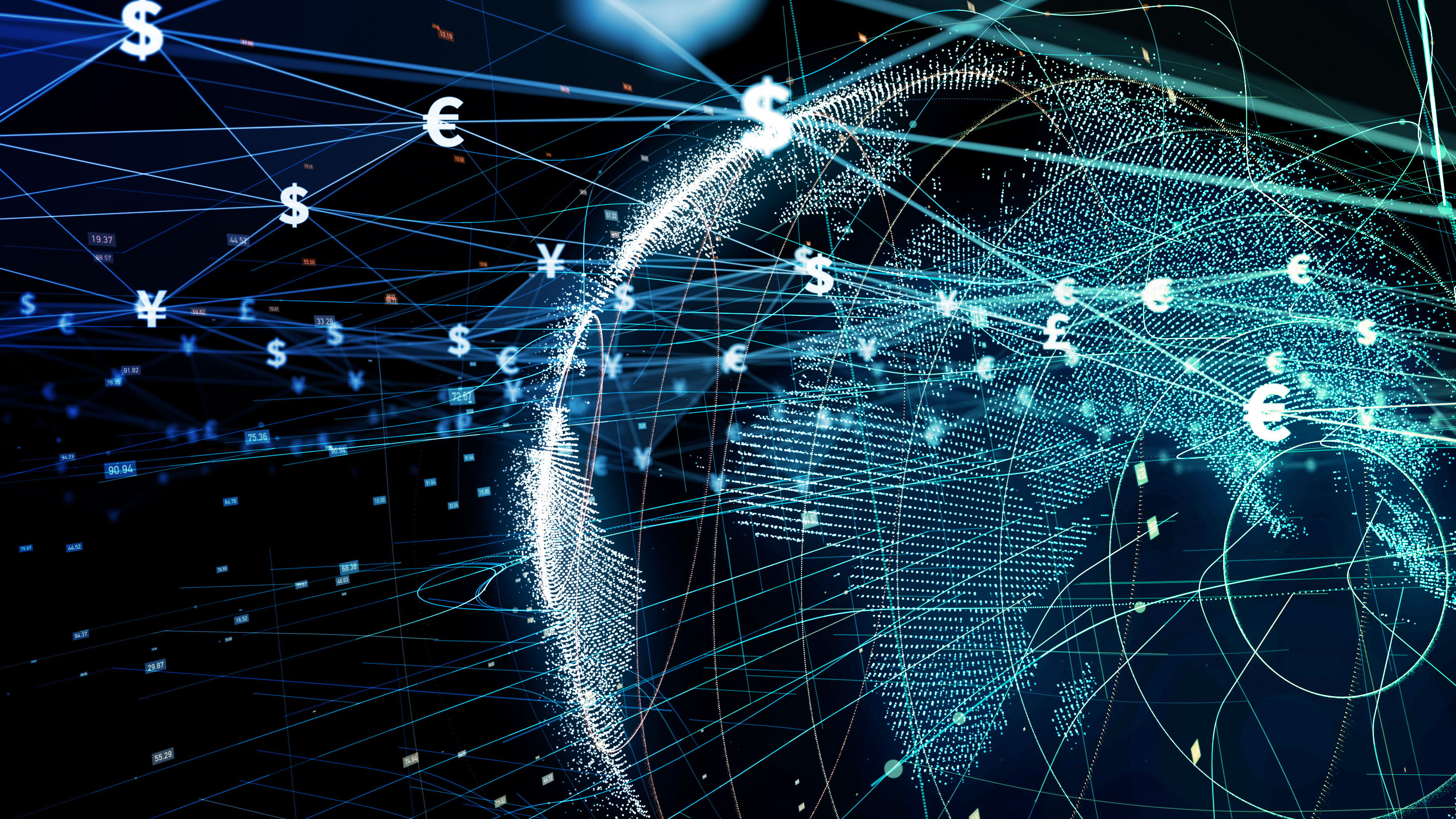
While the internet has the potential to include everyone across the world, fintech can improve access to finance.
Fintech is reaching parts of the planet that could never be reached before. Actually, it’s not fintech. It’s the network.
Back in 1995 I was asked if I seriously thought someone could make a payment from the top of Mount Everest. I said yes – and in 2013, they did. Here we are almost a decade later and people are paying and transacting in every corner of the globe.
A good example is a woman in Liangyuan District in Henan Province, China, who was taking an Alipay payment for a bottle of water just the other day. So what? So, she was on a mountain, a kilometre above the valley below, in one of the poorest regions of the country. She’s 70 and has no bank account; but she was able to take a payment because she has a QR code.
Part of the network
I’ve always believed that the internet would change the world by including everyone, and today it does. What’s interesting is how few recognise this change. During my presentations, many in the audience stare at me incredulously when I talk about the fact that fintech includes everyone.
But everyone can now access the network and, therefore, they can be a part of the new digital world. If anyone is interested or motivated today, whether in Burkina Faso or Vanuatu, they can get on the network. More importantly, once on the network, they can communicate and transact. It is this latter point that gets interesting.
When an elderly woman on the side of a mountain in the poorest region of China can take a payment, things have changed
For many of us, our place of work in the past year has become our home office. Not our headquarters, but our office in our home. But that office could just as easily be in a café or pub, hotel or Airbnb, airport lounge or… Mount Everest. That is the power of the network.
Wherever you are, whoever you are, you can be connected to nearly eight billion people worldwide right now. Just pick up a mobile phone.
Now, I still get pushback on that view and that statement, but I’ll push back against the pushback. We must use technology to improve access to finance, particularly as finance is so intertwined with physical and mental health. The lack of finance can cause mental illness or suicide. Equally, fintech can help improve mental wellness and inclusion.
The greater good
No one should have to choose between health and poverty.
This is a moment in time for humanity, where we will find a new world of humanity. Historically, the poor and unwanted were unheard and excluded. We have the possibility of shifting to a world soon where no one will be poor and unwanted, and they will be heard and included.
We are already moving in that direction. Almost half of the unbanked have been banked in the past decade. And even those who are unbanked can move money digitally today, if they can access a mobile phone.
And you don’t even need a mobile phone – you just need a piece of paper with a QR code. When an elderly woman on the side of a mountain in the poorest region of China can take a payment, things have changed.
Even though people claim that not everyone has access to a mobile telephone, I would challenge them to prove it. There are more mobile phones in many areas than toilets or toothbrushes. Today, 62% of the world’s population – almost five billion people, or all the adults in the world – have a mobile phone.
The network, whether it be 2G, 3G, 4G, 5G, wi-fi, a text message or just a QR code, includes everyone. Or, rather, it includes everyone who wants to be included.
Chris Skinner is an independent financial commentator and chairman of the London-based Financial Services Club.


